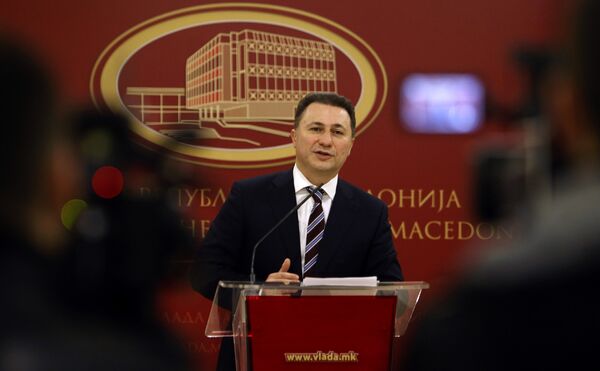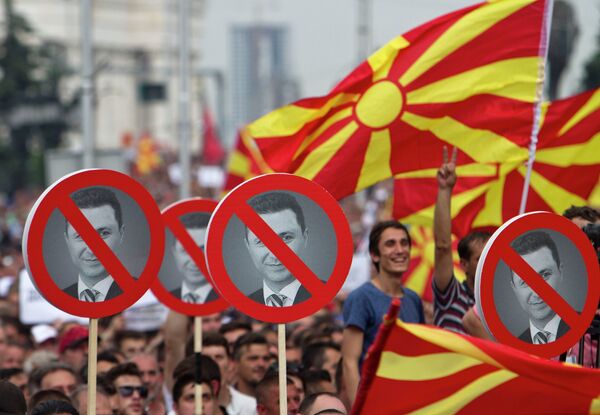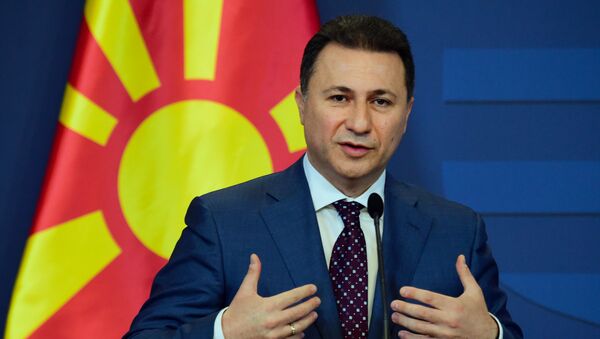The ambassadors to Skpoje, EU's Aivo Orav and America's Jess Baily, issued a joint letter to interim Macedonian Prime Minister Emil Dimitriev, arguing that the April 24 vote should be postponed, in favor of a vote on June 5.
"The findings of all relevant experts indicate that at this stage the necessary conditions are not in place for organizing credible elections on 24 April," the letter read.
The ambassadors said "an agreement has not yet been reached on media reforms, to ensure a more level playing field," while they also raised concerns about "reports of pressure and intimidation of voters."
Joint EU-U.S. statement on preparations for early elections. https://t.co/GkCdboXgJQ @AmbBaily @AmbassadorEU
— US Embassy Macedonia (@usembassymkd) February 21, 2016
The April 24 date for elections was initially agreed upon by the US and EU officials during talks in January, known as the Przino Agreement.
However, the ambassadors say that a number of elements of the Prinzo Agreement have not yet been implemented, leading to calls for a postponement of the vote.
The US and EU intervention is not legally binding in Macedonia, with incumbent Prime Minister Nikola Gruevski's VMRO-DPMNE party rejecting the request, saying there is "not a single credible argument" for postponing the election date.

While Macedonia is working towards eventual EU membership, and many support the country's quest to join the bloc, others share a deep sense of skepticism towards European and American involvement in national affairs.

The intervention from Washington and Brussels comes after a turbulent 2015 in Macedonia, where Gruevski was faced with widespread calls to step down over allegations of state spying.
Gruevski and his VMRO-DPMNE party rejected the allegations, claiming that tapes purportedly exposing his guilt were fabricated.




